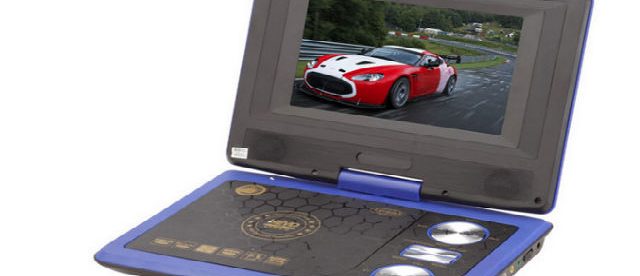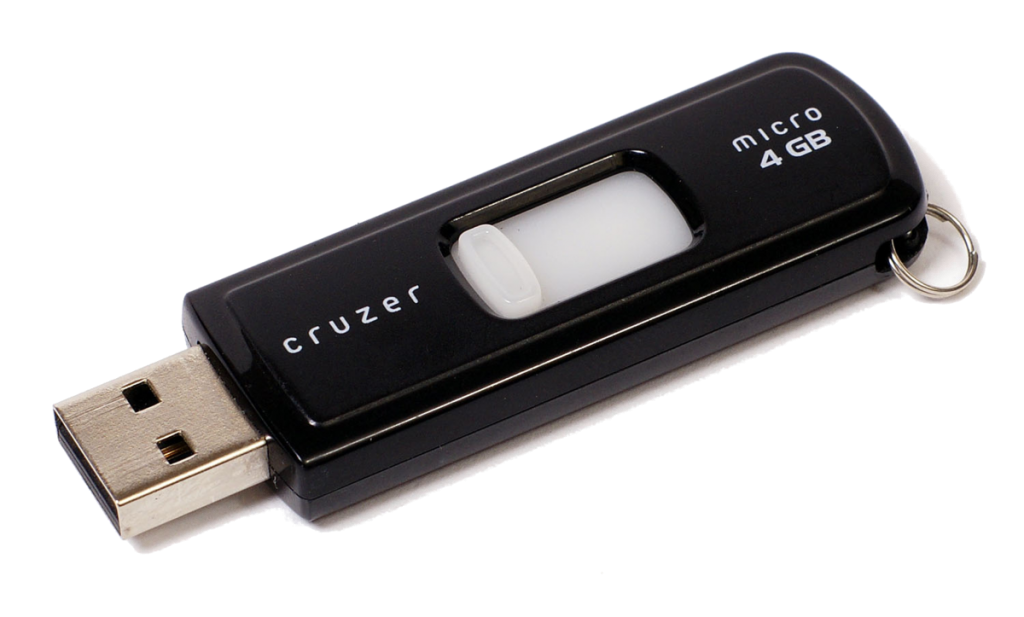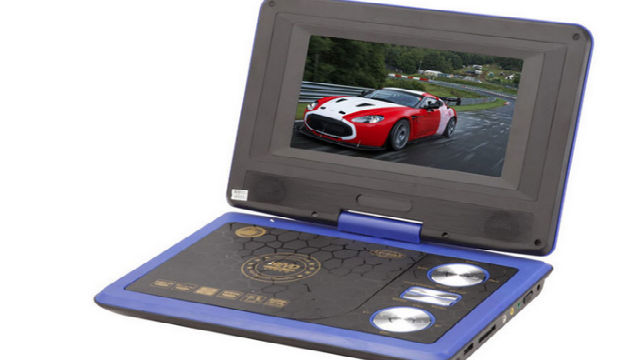Fighting North Korea in a Flash

If you’re reading these words right now, chances are you don’t live in North Korea. The media is tightly controlled there — all media companies are state-owned and operated, censorship is the norm, and pro-leadership propaganda often replaces the news. Even the devices themselves are highly regulated. Here’s an example from Wikipedia:
Radio or television sets, which can be bought in North Korea, are preset to receive only the government frequencies and sealed with a label to prevent tampering with the equipment. It is a serious criminal offense to manipulate the sets and receive radio or television broadcasts from outside North Korea. In a party campaign in 2003, the head of each party cell in neighborhoods and villages received instructions to verify the seals on all radio sets.
It’s draconian — but not hopeless. You — yes, you — can help fight the Kim Jong-un regime’s crackdown on the press. All you need to do is find your old, effectively-obsolete flash drives — the thing below — and drop them in the mail.

Yeah, those. You probably have a few in a drawer somewhere. Maybe you call them USB sticks or thumb drives; it’s all one and the same. They used to be important tools for transferring data. But for those of us in the world of universal broadband, cloud storage, iTunes and Dropbox, Spotify and Google Drive, they’re about as relevant as cassette tapes. And yet, to North Koreans, they can be a unique window to the world outside their nation’s borders.
It starts with the device seen below, called a “Notel” (via Gizmodo):

The Notel — an amalgam of “notebook” and “television” — looks like a portable DVD player, and that’s effectively what it is. It costs the equivalent of $50 or so, which is a ton for a North Korean. Further, until the end of 2014, it was banned in the country. And yet, it was incredibly popular; as of 2015, per Reuters, as many as half of North Korea’s urban households had one.
That’s because the Notel doesn’t just play DVDs, a format easily controlled by the North Korean government. The device also has a USB port and therefore can also read data from flash drives — typically, TV shows which didn’t necessarily come with Kim Jong-un’s seal of approval. Of course, if a North Korean were caught watching these banned programs, there were consequences. But the Notel came with a built-in cover story. One defector explained the scheme to the Guardian: “To avoid getting caught, people load a North Korean DVD while watching South Korean dramas on a USB stick, which can be pulled out. They then tell the authorities, who feel the heat from the Notel to check whether or not it has been recently used, that they were watching North Korean films.”
But where do these contraband USB sticks come from? Increasingly, from people just like you and me. Starting in 2016, a pair of non-profit organizations started a program called “Flash Drives for Freedom,” asking people to donate their old USB sticks to the cause. Per their website, the drives are then loaded with “content rang[ing] from South Korean soap operas to Hollywood films” and from “Korean-language version of Wikipedia to interviews with North Korean defectors.” (If you want to donate your old drives, you can find the information to do so at that link.)
The only trick after that is to get the flash drives into the hands of North Koreans themselves — and that requires a bit of creativity and innovation. Fast Company reports that “the drives were originally smuggled by foot and exchanged across a river on the border with China while guards were bribed,” both of which were risky endeavors. But, Fast Company continues, “now, in addition to that process, some are attached to balloons and floated over the border” and the use of drones is increasingly common.
So far, the gambit is working — per a January 2017 survey, “91.6 percent of North Korean respondents consume foreign media at least once each month” and “83 percent of respondents said they found outside goods and information to be of greater impact on their lives than decisions by the North Korean government.”
Bonus fact: North Korea isn’t the only place where USB-delivered media is king. As of 2015, it was also true in Cuba. As Vox explains (in a 10-minute read well worth your time), though, the providers of flash-drive media aren’t hoping for regime change — they’re just trying to make a buck. Entrepreneurial Cubans are obtaining bootleg versions of American TV shows, sticking them on USB drives, and literally running and driving them around the country so people can watch — and getting two dollars a week for their censorship-busting endeavor. Per the author, “the depth and breadth of El Paquete [the service] is astounding, so much so that I, an American who lives and works on the uncensored internet, feel a twinge of envy that I don’t have El Paquete delivered to my house every week for $2.”
From the Archives: A Tree Falls in North Korea: In 1976, 813 men were sent on a mission to cut down a tree. Here’s why.
Related: A four-pack of 16-gig USB drives (for under $30).
